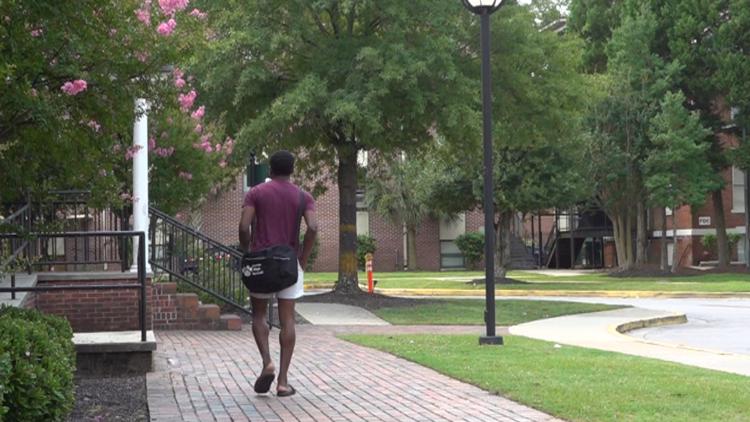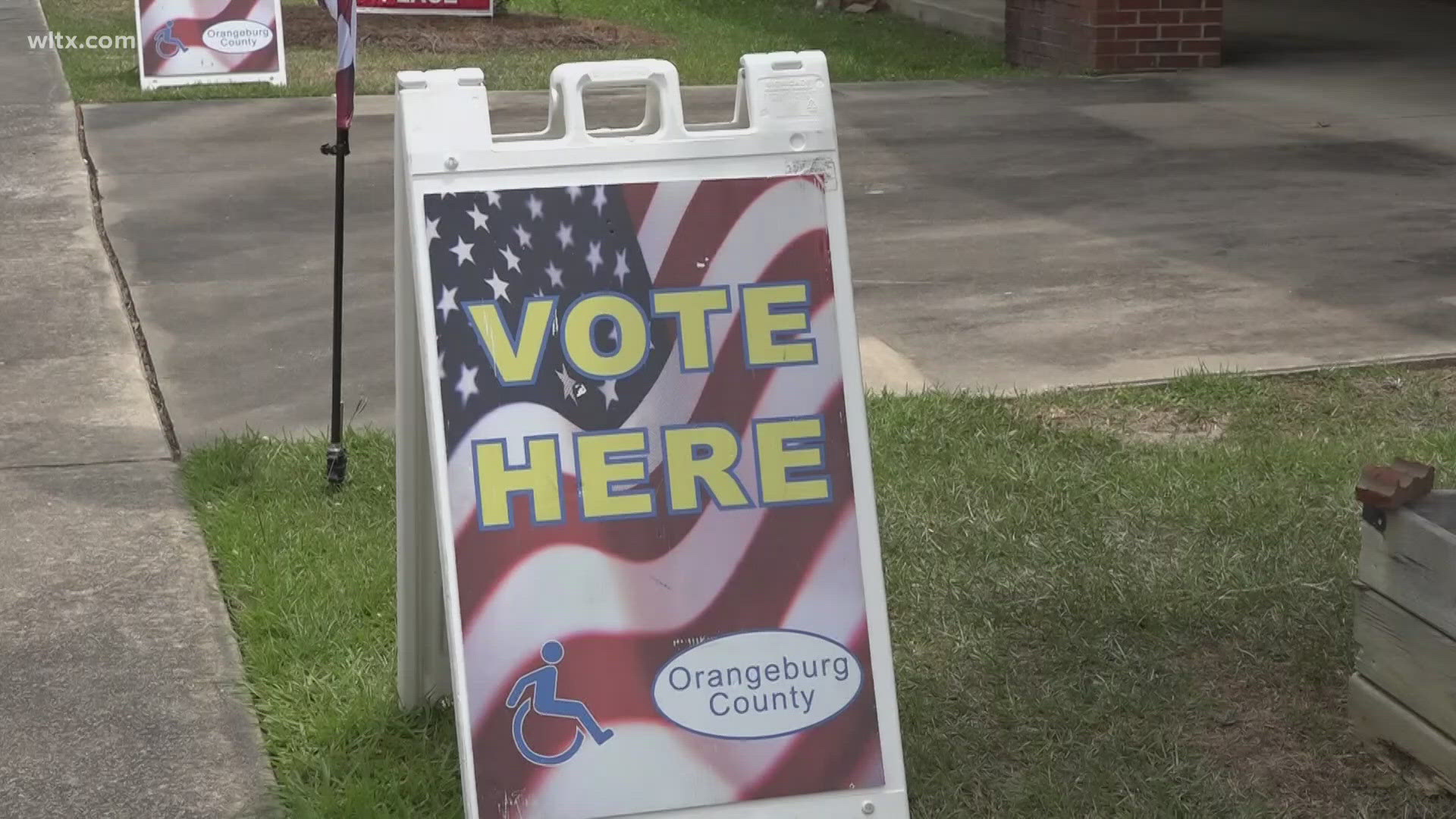COLUMBIA, S.C. — People are still trying to determine the effect of two recent Supreme Court decisions on higher education.
One struck down the proposed student loan forgiveness program. The other: affirmative action in college admissions.
But some worry both decisions could affect Back students at a disproportionate rate.
The two Supreme Court rulings regarding higher education have some education equity advocates and educators talking about potential negative effects on black college students and graduates, and potential positive effects on HBCUs.
Lodriguez v. Murray is the senior vice president for government affairs at the United Negro College Fund, an organization that advocates for Black students and provides scholarships. UNCF also encouraged the White House to add extra relief for Pell grant recipients, which it did.
“African-Americans in higher education 70% of them are Pell grant eligible, which means they're coming from lower socio-economic backgrounds," Murray said. "And so doubling that relief was going to be impactful for Black students, and it was going to serve as equity and a leveling of the playing field.”
Murray says the loan program would have helped students have less debt, which would have freed them to buy homes, cars and have an overall better quality of life.
Dr. Ebony Green, a constitutional law professor at Benedict College, is concerned about the high court striking down affirmative action in admissions.
"With affirmative action people are not just getting in because they're black," Gree said, "Race is only a factor they still have to qualify in order to become a part of these programs. But unfortunately, with donor clauses and with legacy clauses a lot of those things are not in consideration.”
She says while that program is gone, colleges can still accept students who are children of big donors or are legacy students, who are predominantly white.
Green says history has already shown negative effects of affirmative action removal.
“Already in the states of California and in Michigan, affirmative action was already struck down before this recent ruling," Green said. "And so what that showed is that Blacks, Black students and students of color- there was a decline in enrollment, a drastic decline.”
Murray agrees, but says the news is not all negative.
“I think that the affirmative action decision is quite a gut punch," Murray said. "But it still holds the promise of many opportunities for African-American students.”
Murray and those at UNCF expect an increase in HBCU enrollment.
"This could serve as a mind shift for many African-American students to look at certain colleges and universities that have always flung their doors open to them," Murray said.
Dr. Green says HBCUs are also expecting what she calls a great coming home resulting from both decisions.
"Historically and currently, HBCUs have lower tuition than our predominantly white institutions," Green said. "Therefore we definitely expect an increase due to this recent ruling.”
Meanwhile, UNCF says they're continuing to study data and compile a report on the effects of these decisions on Black graduates and students.



